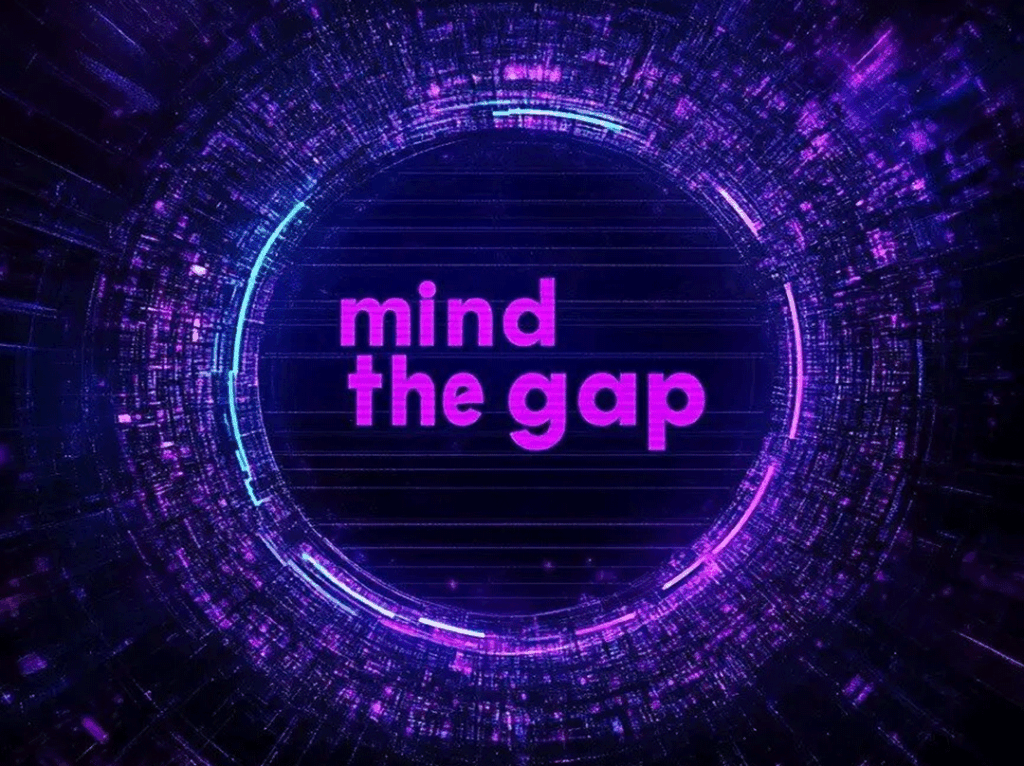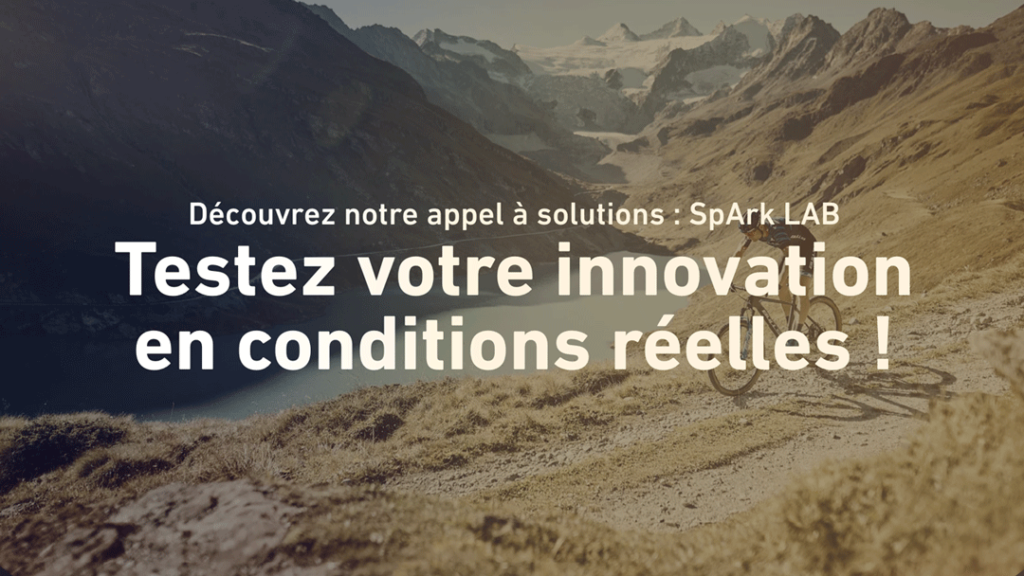Tokenizing a company's share capital: Audacia Group's experience
In a world first, Audacia Group, a Valais-based e-commerce company, tokenized its entire share capital on the Ethereum blockchain last spring. Here's a look back at this innovation in the world of digital finance.
A pioneer in democratizing private equity
Recent public interest in the world of crypto-currencies and blockchain has also put the spotlight on the process of tokenization. The latter involves the creation of a digital representation of an asset, in the form of a token, stored on a blockchain. In our case, these are tokens representing the company's share capital.
Following the adoption of the Swiss law of February 2021 concerning Decentralized Ledger Technology (DLT), Geneva-based Taurus' TDX platform has thus become the world's first regulated digital asset marketplace. By digitizing all its shares in the form of digital tokens via this platform, Audacia set out to pave the way for the democratization of private equity, i.e. investment in unlisted companies. This practice has aroused curiosity, and many are making enquiries. It's certainly only a matter of time before other companies take the plunge.
What are the advantages of tokenizing your shares?
Eliminate intermediaries: Digitizing a company's shares eliminates the need to use banks or other financial intermediaries for transfers. This increases process efficiency and reduces costs, making transactions faster and cheaper. What's more, all operations are automated and at your smartphone's fingertips.
Increased liquidity: Liquidity is the ease with which a security can be sold or exchanged. By digitizing shares, companies can easily sell their tokens to investors and raise funds when needed. Access to a wider range of investors and traders also increases the liquidity of tokens/shares. This increased liquidity then enables investors to quickly sell their shares at a price reflecting their intrinsic value.
Greater transparency: As data and transactions are stored on a decentralized, public register, greater transparency and reliability are also granted to both token holders and the issuing company. This means that the issuing company can manage and verify the shareholder register and transactions at any time.
What are the stages in the tokenization process?
Before proceeding with the digitization of shares, a number of factors need to be taken into consideration, such as the number of shareholders in the company, whether or not voting rights are attached to the shares, the advisable use of legal and technical professionals, and compliance with foreign laws concerning public offers of securities (publication of a prospectus, approval by the competent authority).
Adapting the company's articles of incorporation: One of the first steps is to ensure that the issuing company's articles of incorporation contain the necessary provisions for tokenization. In particular, the company must be able to issue shares not incorporated in physical certificates, remove the right of shareholders to request the issue of physical certificates, delegate to management the responsibility for defining the rules governing the transfer of tokens and the exercise of voting rights, and also prohibit the right to register shares in the name of nominees.
Preparing the smart contract: an essential part of the tokenization process. We need to establish the functions of the "smart contract", a computer code with unforgeable terms and conditions, which will be used to create and manage digitized shares on the blockchain. We used the CMTA-20 smart contract, an extension of the ERC-20 created by the CMTA. The issuing company must also create a blockchain address and check that the smart contract is working properly before issuing the shares.
Preparation of marketing material: A presentation of the offer (in our case, a landing page for the investor website) must be prepared, containing all the information about the company and the admission of its digitized shares to trading.
Issuance of shares : Before being digitized in the form of tokens, shares must be subscribed by an individual or a company, paid up in accordance with the requirements of Swiss company law, and registered in the local commercial register.
Deploying the smart contract on the blockchain: Following final approval by management to recognize only the token holder as the owner of the associated share, the smart contract can now be deployed on the blockchain (Ethereum in the case of Audacia Group). Considered as a transaction, this deployment must be carried out from an existing blockchain address, that of the issuing company. Once the investors' blockchain addresses have been collected, the tokens can be allocated to their holders once they have been acquired.
The beginnings of a revolutionary digital process
Audacia Group's tokenized shares represent 10,000,000 tokens, one share being worth 1 token. As fund-raising was not a primary objective, only a tiny proportion of these shares were admitted to trading. As mentioned above, the main aim was to innovate in the field of digital finance and pave the way for other companies. To date, less than 0.5% of the tokens have been sold, and the Audacia share is trading at CHF 30. It should be noted that the shares are tokenized in Swiss francs and are therefore not only exchangeable with crypto-currencies. If there is a desire to increase Audacia's capital, it will simply be a matter of offering the tokens for sale on the TDX platform.
As Audacia is not necessarily a seller, the volume is lower, so there are more requests than offers. Many people are asking about this innovative process, which seems to be attracting a great deal of interest. At Audacia, we're now giving a great deal of thought to everything that revolves around tokenization, such as the digitization of shares in companies acquired and integrated into the Group. Even if we're still in the early stages of what can be achieved with distributed ledger technology, Swiss companies should increasingly benefit from the efficiencies and advantages offered by tokenization of shares.
For more information: see the Capital Markets & Technology Association's blueprint for equity tokenization.




